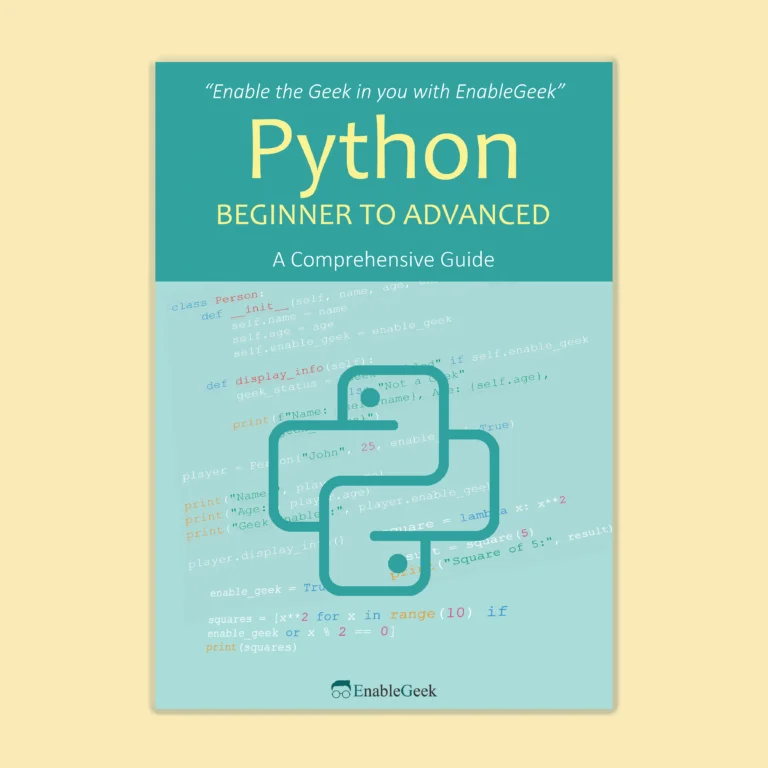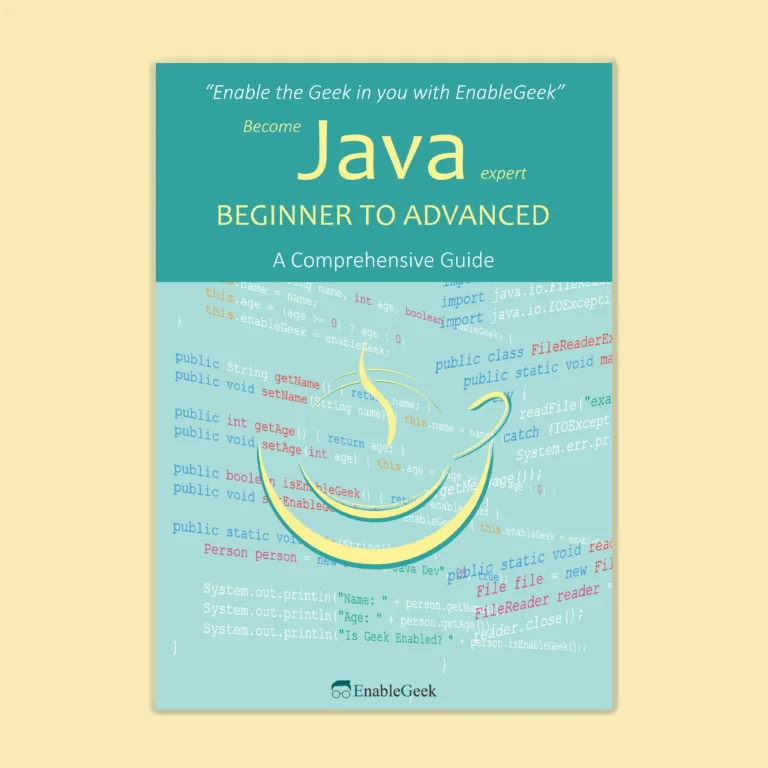Problem on final newline in a string
Getting rid of the final newline in a string is often necessary in certain use cases to improve the formatting of the output or to make it more readable. The newline character can cause unwanted line breaks or white spaces in the output, especially when the string is being displayed or written to a file.
For example, in a text file, the newline character at the end of a string can cause an unwanted blank line to appear in the output, making the text file look messy or unorganized. Similarly, when a string is displayed on the console, the newline character can cause an unwanted line break, making the output look cluttered or difficult to read.
Removing the final newline from the string helps to avoid these formatting issues, improving the readability and appearance of the output.
Get rid of the final newline in a string
In Python, you can use the ‘rstrip()‘ method to remove the newline character from the end of a string.
Example:
string = "This is a string with a newline at the end.\n"
new_string = string.rstrip()
print(new_string)
Output:
This is a string with a newline at the end.Note: The ‘rstrip()‘ method removes all whitespaces (including newlines, spaces, and tabs) from the right end of the string. If you want to remove only the newline character, you can specify it as an argument to the ‘rstrip()‘ method.
Example:
string = "This is a string with a newline at the end.\n"
new_string = string.rstrip("\n")
print(new_string)
Output:
This is a string with a newline at the end.Remove spaces from string
You can remove spaces from a string in Python using various methods. Here are some examples:
1.Using ‘replace()‘: You can use the ‘replace()‘ method to remove spaces from a string. The ‘replace()‘ method takes two arguments: the substring you want to replace and the string you want to replace it with. In this case, you can replace the space character with an empty string.
my_string = 'This is a string with spaces'
my_string = my_string.replace(' ', '')
print(my_string)
Output:
Thisisastringwithspaces2. Using ‘join()‘: You can use the ‘join()‘ method to remove spaces from a string by joining the individual characters together without spaces. Here’s an example:
my_string = 'This is a string with spaces'
my_string = ''.join(my_string.split())
print(my_string)
Output:
ThisisastringwithspacesIn this example, we use the ‘split()‘ method to split the string into a list of individual words, then use the ‘join()‘ method to join the individual words together without spaces.
3. Using a ‘loop‘: You can also remove spaces from a string by iterating over the string and building a new string without spaces. Here’s an example:
my_string = 'This is a string with spaces'
new_string = ''
for char in my_string:
if char != ' ':
new_string += char
print(new_string)
Output:
ThisisastringwithspacesIn this example, we iterate over the characters in the string ‘my_string‘ and add each character to a new string ‘new_string‘ if it’s not a space character.
All of these methods can be used to remove spaces from a string in Python. The best method to use depends on the specific requirements of your application.



